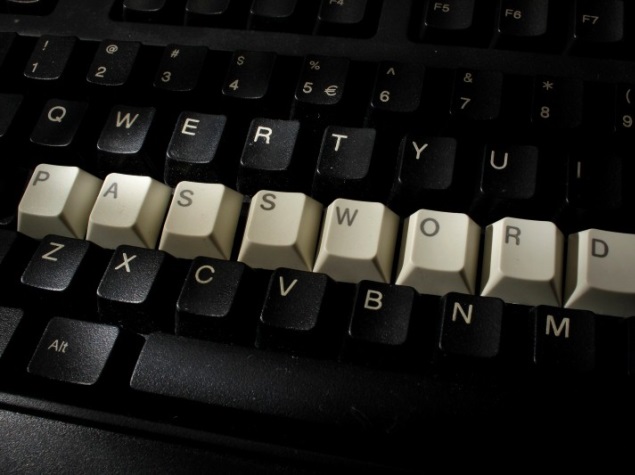Seven Ways to Create Better, Stronger Passwords
Advertisement

This week's news that a Russian crime ring has amassed some 1.2 billion username and password combinations makes now a good time to review ways to protect yourself online.
The hacking misdeeds were described in a New York Times story based on the findings of Hold Security, a Milwaukee firm that has a history of uncovering online security breaches.
Hold Security, called the data "the largest known collection of stolen Internet credentials." Hold's researchers did not identify the origins of the data or name the victim websites, citing nondisclosure agreements. The company also said it didn't want to name companies whose websites are still vulnerable to hacking, according to the Times report.
Hold Security didn't immediately respond to inquiries from The Associated Press.
If there's reason to believe any of your passwords might have been compromised, change them immediately. One of the best things you can do is to make sure your passwords are strong. Here are seven ways to fortify them:
Advertisement
1. Make your password long. The recommended minimum is eight characters, but 14 is better and 25 is even better than that. Some services have character limits on passwords, though.
2. Use combinations of letters and numbers, upper and lower case and symbols such as the exclamation mark. Some services won't let you do all of that, but try to vary it as much as you can. "PaSsWoRd!43" is far better than "password43."
Advertisement
3. Avoid words that are in dictionaries, even if you add numbers and symbols. There are programs that can crack passwords by going through databases of known words. One trick is to add numbers in the middle of a word - as in "pas123swor456d" instead of "password123456." Another is to think of a sentence and use just the first letter of each word - as in "tqbfjotld" for "the quick brown fox jumps over the lazy dog."
4. Substitute characters. For instance, use the number zero instead of the letter O, or replace the S with a dollar sign.
Advertisement
5. Avoid easy-to-guess words, even if they aren't in the dictionary. You shouldn't use your name, company name or hometown, for instance. Avoid pets and relatives' names, too. Likewise, avoid things that can be looked up, such as your birthday or ZIP code. But you might use that as part of a complex password. Try reversing your ZIP code or phone number and insert that into a string of letters. As a reminder, you should also avoid "password" as the password, or consecutive keys on the keyboard, such as "1234" or "qwerty."
6. Never reuse passwords on other accounts - with two exceptions. Over the years, I've managed to create hundreds of accounts. Many are for one-time use, such as when a newspaper website requires me to register to read the full story. It's OK to use simple passwords and repeat them in those types of situations, as long as the password isn't unlocking features that involve credit cards or posting on a message board. That will let you focus on keeping passwords to the more essential accounts strong.
The other exception is to log in using a centralized sign-on service such as Facebook Connect. Hulu, for instance, gives you the option of using your Facebook username and password instead of creating a separate one for the video site. This technically isn't reusing your password, but a matter of Hulu borrowing the log-in system Facebook already has in place. The account information isn't stored with Hulu. Facebook merely tells Hulu's computers that it's you. Of course, if you do this, it's even more important to keep your Facebook password secure.
7. Some services such as Gmail even give you the option of using two passwords when you use a particular computer or device for the first time. If you have that feature turned on, the service will send a text message with a six-digit code to your phone when you try to use Gmail from an unrecognized device. You'll need to enter that for access, and then the code expires. It's optional, and it's a pain - but it could save you from grief later on. Hackers won't be able to access the account without possessing your phone. Turn it on by going to the account's security settings.
For the latest tech news and reviews, follow Gadgets 360 on X, Facebook, WhatsApp, Threads and Google News. For the latest videos on gadgets and tech, subscribe to our YouTube channel. If you want to know everything about top influencers, follow our in-house Who'sThat360 on Instagram and YouTube.
Advertisement
